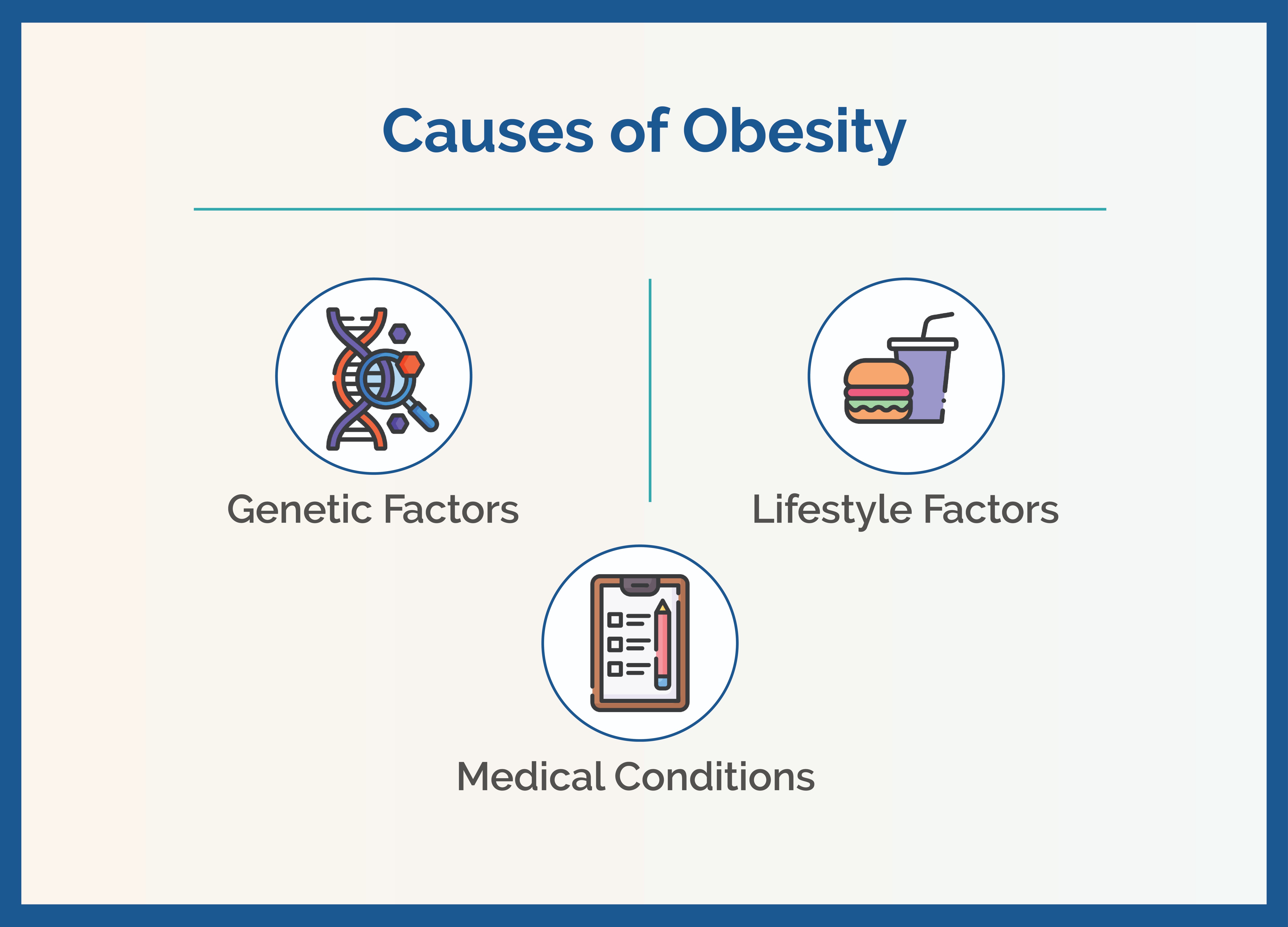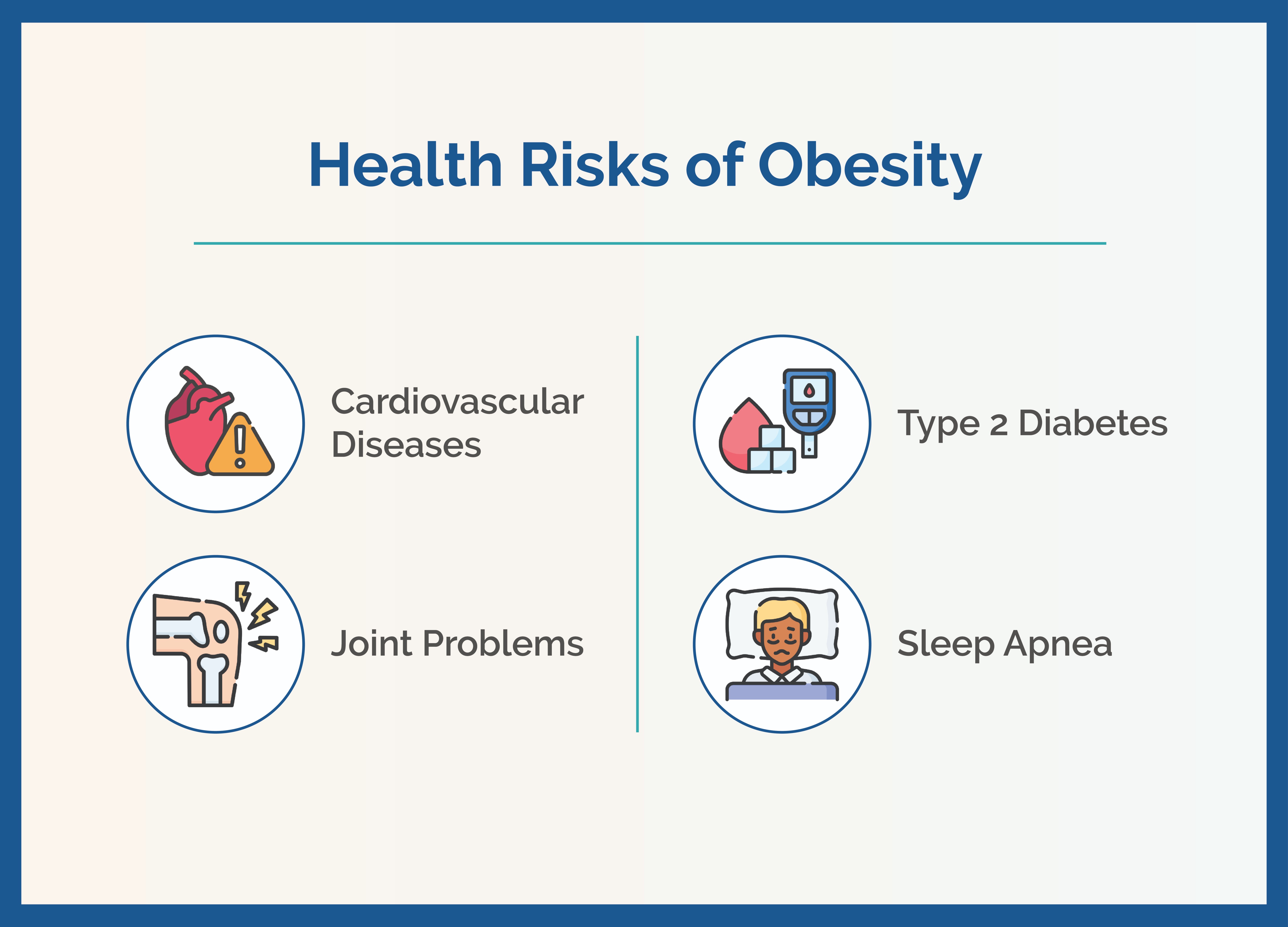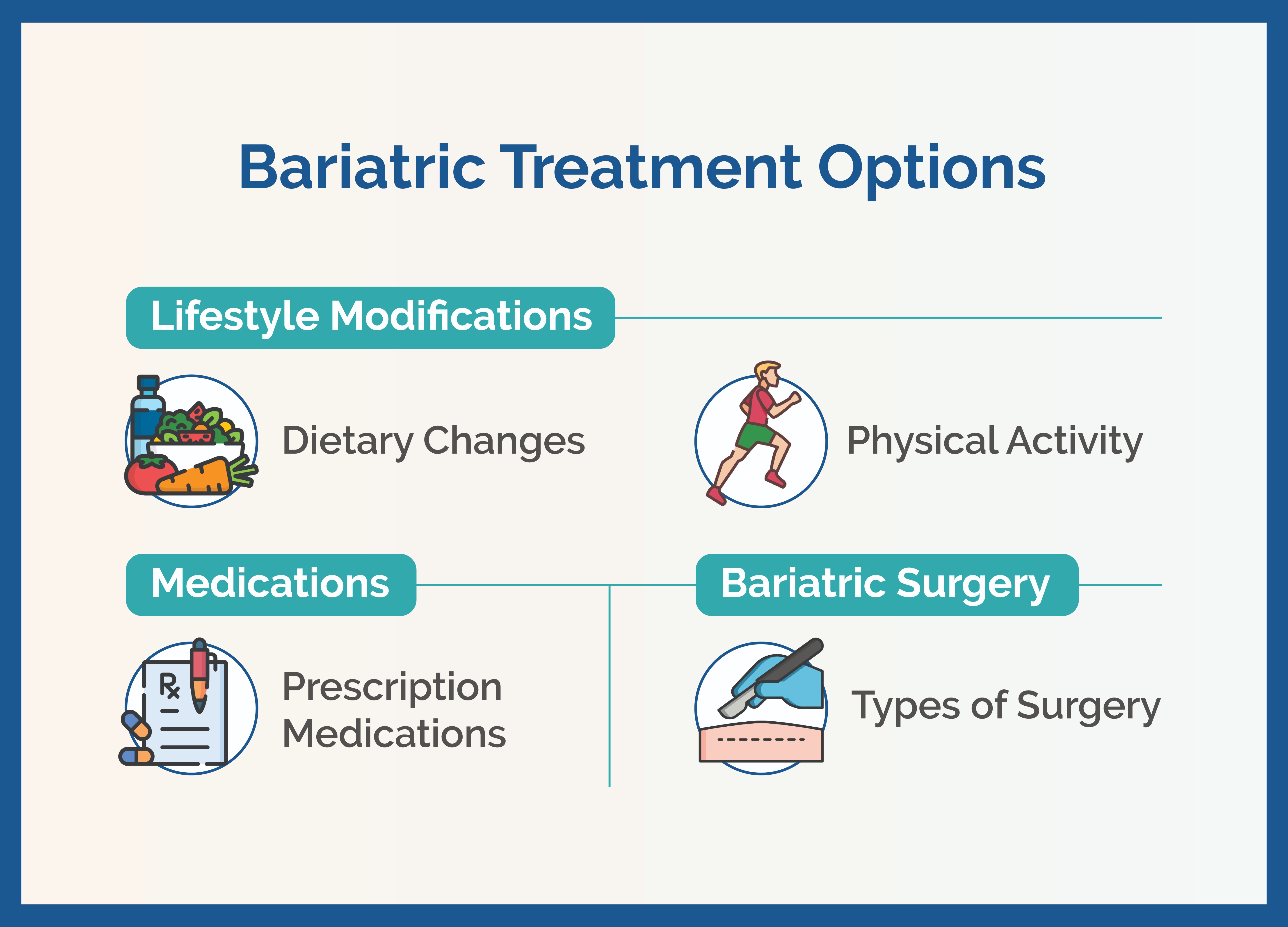Frequently Asked Questions (FAQs) about
Obesity and Bariatric Medicine:
Who is a candidate for bariatric surgery?
Candidates typically have a BMI (Body Mass Index) over 40 or over 35 with obesity-related
health
conditions.
Is bariatric surgery safe?
Yes, modern bariatric procedures are generally safe, but like any surgery, they carry
risks. Your doctor
will discuss benefits and potential complications.
How much weight can I expect to lose after bariatric surgery?
Weight loss varies but can be significant, often leading to improvements in obesity-related
conditions.
What are the long-term effects of bariatric surgery?
Long-term effects include sustained weight
loss, improvement in diabetes and cardiovascular health, but
lifelong dietary and lifestyle changes are necessary.
Can obesity be treated without surgery?
Yes, non-surgical options like diet, exercise, and medications can effectively manage
obesity in many
cases.



